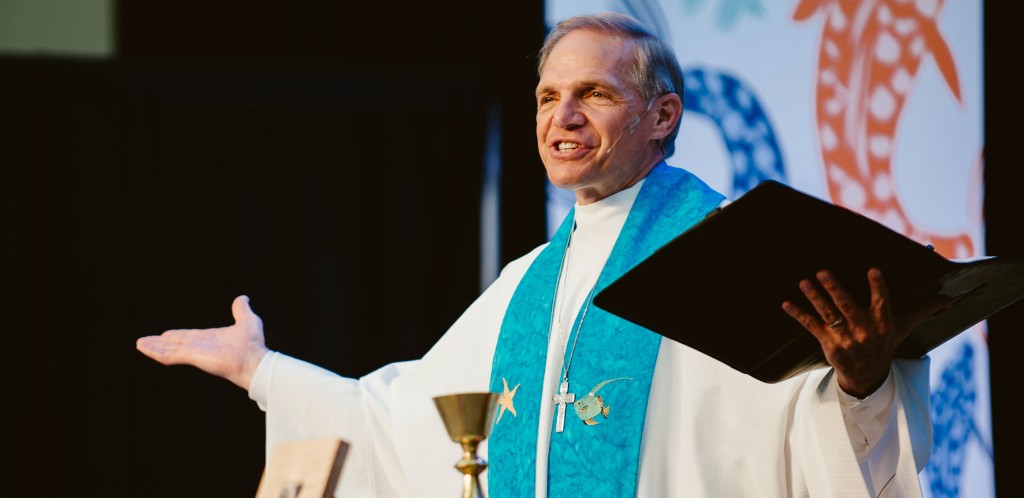A pastor friend of mine told me he had a leader in his congregation write to his bishop requesting he be moved to a new church. The lay leader wrote, “the pastor expects all of the church leaders to be competent and no one before ever expected them to be competent.”
The church leaders were not developing and leading with their God-given gifts and abilities. It reminds me of Moses. God grew weary with leaders like Moses who played down their abilities instead of leading with their gifts and abilities.
Today’s article is part three of a four-part series on what we look for in leaders – Culture, Character and Competency. In the first two articles I talked about culture and character. Culture shapes a team of people and their outcomes. We look for transformational leaders who are Christ centered and Holy Spirit led and practice five cultural habits within their leadership:
- Trust – they trust others and are trustworthy;
- Disagreement – they are willing to disagree to find the best solutions;
- Commitment – they make and keep commitments;
- Accountability – they encourage others to hold them accountable; and
- Results – they achieve fruitful results.
I also talked about the character of leaders we look for:
- Transformational – Spirit-led pioneers who transform churches, communities and lives;
- Passionate – leaders with a contagious enthusiasm and love for God, others and ministry;
- Open – grace-filled leaders who embrace new ideas and difference;
- Relational – leaders who connect deeply with God and others;
- Learner – teachable, coachable and lifelong learners; and
- Creative – leaders who take risks and try innovative ideas.
Back to my friend who expected leaders to grow and develop their skills so they would be competent in their roles. Fortunately his bishop did not move him but he was running counter to a church culture that values participation without expectation of excellence and bearing fruit worthy of God. We want to encourage participation AND excellence. Excellence is not perfection but it is a commitment to giving our best and becoming a better leader for God and the church. We look for five core competencies in all of our leaders:
- Transformational – leaders who have God-sized visions, are outcome-driven and inspire people to work together to change lives, the church and the community for the glory of God.
- Analytical – leaders who make excellent decisions and resolve challenges by analyzing and using prayer, scripture, knowledge, input from others, data and experience.
- Managers – leaders who are flexible and adapt to added work or challenges while maintaining excellence and a Christ-centered and warm spirit.
- Organizers – leaders who plan, formulate steps, prioritize and carry out work on time and with excellence to accomplish stated goals.
- Communicators – leaders who listen for understanding, articulate with clarity and express directly and clearly through verbal and written communication.
My friend’s church grew. It grew the faith of people, it grew its mission and outreach ministry, it grew Sunday school, Bible studies and small groups, it grew its budget and it grew worship attendance. Certainly my friend is a competent pastor but he also gathered competent people around him and he grew the skills of others. It became a church of leaders. It was leader-centered without centering around one leaders. Isn’t this what Jesus did? He gathered a group of disciples who were gifted and competent and he grew their faith and ability to disciple others.
The church has been built on leaders who have high character values, align with core culture values and are competent. Jesus’ disciples, our founder John Wesley, and today, GNJ all created a church movement built on character, culture and competency.
I invite you to identify how your congregation aligns with the culture, character and competencies GNJ aspires for our leaders. What would it look like for your church council to discuss and evaluate your leadership based on the culture, character and competencies listed above? What might happen if pastors began to preach about the culture, character and competencies we want to see? What might happen if we humbled ourselves, were Holy Spirit led and devoted ourselves to teaching and anchoring our ministry in a deep rooted biblical culture, character and competencies that GNJ aspires to? I see a church that is unbound and outbound to make disciples and grow vital congregations for the transformation of the world.
Keep the faith!
John Schol, Bishop

